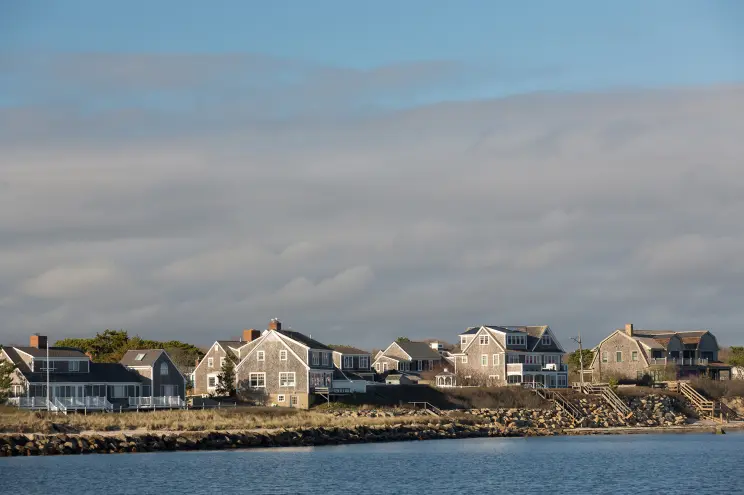Cape Cod, Massachusetts , Known for its pristine beaches, picturesque landscapes, and rich biodiversity, Cape Cod has long been a beloved destination for nature enthusiasts and beachgoers alike. However, the fragile ecosystem of this idyllic peninsula is under siege as a result of the twin threats of human waste and climate change, sparking growing concern among residents and environmentalists.
In recent years, the influx of tourists and residents to Cape Cod, particularly during the summer months, has put tremendous pressure on the region’s sewage systems. The strain on aging infrastructure, combined with insufficient wastewater management, has led to alarming levels of nitrogen pollution in the Cape’s groundwater and estuaries.
The excessive nitrogen from septic systems and wastewater treatment facilities is seeping into Cape Cod’s coastal waters, causing harmful algal blooms, depleting oxygen levels, and negatively impacting marine life. In response to this issue, environmental groups and local authorities are intensifying their efforts to improve wastewater management and reduce nitrogen pollution.
“Cape Cod is at a critical juncture, and we need to address the pollution issue head-on,” says John Sandlers, a prominent local environmentalist. “The delicate balance of our ecosystems is being disrupted, and it’s crucial that we take steps to protect this unique environment.”
In addition to human-induced pollution, Cape Cod is grappling with the consequences of climate change. Rising sea levels and increasing storm intensity are putting coastal communities at risk. Erosion has accelerated along the Cape’s shoreline, threatening homes and infrastructure.
Furthermore, warming ocean waters are impacting the distribution of fish species and the migratory patterns of marine animals. Warmer water temperatures have also led to an increase in harmful algal blooms, posing a health hazard for both wildlife and humans.
Local climate scientists are emphasizing the need for comprehensive climate adaptation measures and a concerted effort to reduce greenhouse gas emissions. Cape Cod’s environmental organizations are advocating for greater awareness and local action in response to the climate crisis.
The urgency of these challenges has spurred renewed conservation efforts and a call for increased awareness among residents and visitors. Community-based initiatives, such as beach cleanups and educational programs, are becoming more prevalent.
As Cape Cod grapples with the dual threats of human waste pollution and climate change, the message is clear: the region’s unique ecosystems and vibrant communities must unite in the fight to protect this natural treasure. With increased awareness, conservation efforts, and a commitment to sustainable practices, Cape Cod can continue to be a shining example of how communities can work to mitigate the effects of climate change and safeguard their precious environment.

